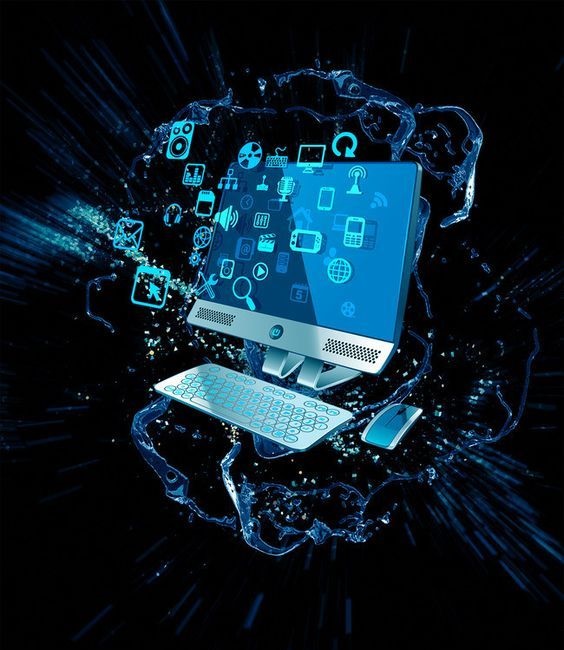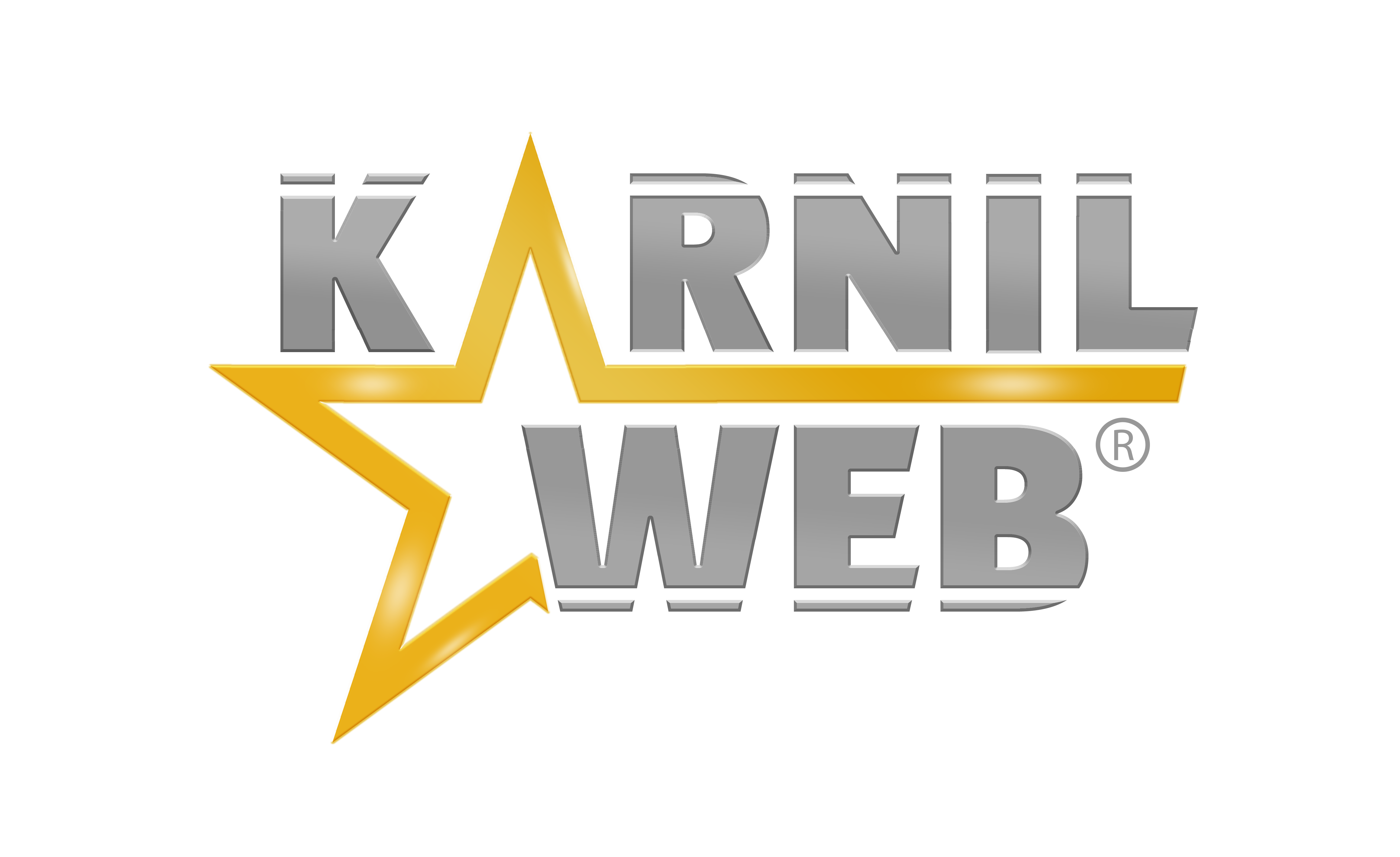long-awaTaiwan External Trade Development Council, co-organizer of COMPUTEX, will also organize various events, including the COMPUTEX CEO Keynotes & Forum, that professionals look forward to during the exhibition. CEOs and senior executives from global tech giants are invited to attend the Keynotes & Forum. Registration for the Keynotes & Forum will open on April 27. People from all sectors are welcome to register for the event online.
COMPUTEX CEO Keynotes feature six core themes
This year, the show features six main themes: Accelerating Intelligence, Connected X-Experience, Digital Resilience, Innovative Computing, Innovations & Startups, and Sustainability. The COMPUTEX CEO Keynotes will revolve around said themes, covering the hottest trends in technological development in recent years. These trends include AI computing, smart applications, and innovations developed by startups while incorporating digital resilience, connected x-experience, and sustainability to build a closer connection with the technology industry. With their knowledgeable insights, CEO Keynote speakers will provide participants with opportunities to learn about trends in advanced technologies across the globe. The participants can then take advantage of what they have learned to identify new business opportunities in the market. Don’t miss this exciting opportunity.
For more information: Elements of SEO in web design

COMPUTEX Forum focuses on Technology Empowerment and Creating the New Normal
This year, the COMPUTEX Forum focuses on “Technology Empowerment and Creating the New Normal.” There will be speakers from renowned international tech companies. The theme of the morning session is “Technology Empowerment – Building Industry Chain”, in which tech giants will share their ideas on new AI technologies used at the current stage to drive changes in and bring opportunities to the industry. The afternoon session will develop a sustainability plan with the topic of “Creating the New Normal – Realizing Future Scenarios.” The speakers will emphasize how the met adverse drives AR and VR business opportunities and how enterprises use digital technologies to deploy ESG management amid the global trend toward carbon neutrality to achieve sustainability in the new normal that is full of hope.
Tech companies will gather at COMPUTEX to display their latest technologies and products. The online show, COMPUTEX Digital Go, will be available from May 24 to June 6, during which the following activities will be held: an online procurement meeting, a live studio, and a guided tour of the themes. These activities will help vendors connect with the world and steal a march on the fast-paced tech industry.
About COMPUTEX
COMPUTEX was founded in 1981. It has grown with the global ICT industry and become stronger over the last four decades. Bearing witness to historical moments in the development of and changes in the industry, COMPUTEX attracts more than 40,000 buyers to visit Taiwan every year. It is also the preferred platform chosen by top international companies for launching epoch-making products.
Taiwan has a comprehensive global ICT industry chain. Gaining a foothold in Taiwan, COMPUTEX is jointly held by the Taiwan External Trade Development Council and Taipei Computer Association, aiming to build a global tech ecosystem. COMPUTEX uses cross-domain integration and innovation services as the most powerful driving forces for achieving the goal of becoming a new platform for global technological resources.
About Taiwan External Trade Development Council
The Taiwan External Trade Development Council (TAITRA) is Taiwan’s foremost trade promotion organization. TAITRA is a public-benefit corporation founded by the Ministry of Economic Affairs by uniting industry and commerce groups from the private sector with the purpose of helping them expand their global reach. Currently, TAITRA has a team of more than 1,300 trade professionals, both domestically and abroad. Headquartered in Taipei, TAITRA operates 5 local offices in Taoyuan, Hsinchu, Taichung, Tainan, and Kaohsiung, as well as 63 branches worldwide. It has also signed cooperation agreements with 319 sister organizations that promote international trade. By forming a comprehensive trade services network that provides zero-time-difference and borderless real-time services, TAITRA continues to work with enterprises to jointly pursue the steady development of Taiwan’s economy. It is the best partner for your success in business expansion.
Data dominates everything
Companies today have treasure troves of internal and external data and use these to make every product decision. It is natural for product managers—who are closest to the data—to take on a broader role. Product success can also be clearly measured across a broader set of metrics (engagement, retention, conversion, and so on) at a more granular level, and product managers can be given widespread influence to affect those metrics.
For more information: Important factors in web design

Products are built differently
Product managers now function on two speeds: they plan the daily or weekly feature releases, as well as the product road map for the next six to 24 months. Product managers spend much less time writing long requirements up front; instead, they must work closely with different teams to gather feedback and iterate frequently.
Products and their ecosystems are becoming more complex
While software-as-a-service products are becoming simpler for customers, with modular features rather than a single monolithic release, they are increasingly complex for product managers. Managers must now oversee multiple bundles, pricing tiers, dynamic pricing, up-sell paths, and pricing strategy. Life cycles are also becoming more complex, with expectations of new features, frequent improvements, and upgrades after purchase. At the same time, the value of the surrounding ecosystem is growing: modern products are increasingly just one element in an ecosystem of related services and businesses. This has led to a shift in responsibilities from business development and marketing to product managers. New responsibilities for product managers include overseeing the application programming interface (API) as a product, identifying and owning key partnerships, managing the developer ecosystem, and more.
Changes in the ‘execution pod’
In addition to developers and testers, product-development teams include operations, analytics, design, and product marketers that work closely together in “execution pods” to increase the speed and quality of software development. In many software organizations, the DevOps model is removing organizational silos and enabling product managers to gain broader cross-functional insights and arrive at robust product solutions more effectively.
Consumerization of IT and the elevated role of design
As seamless, user-friendly consumer software permeates our lives, business users increasingly expect a better experience for enterprise software. The modern product manager needs to know the customer intimately. This means being obsessed with usage metrics and building customer empathy through online channels, one-on-one interviews, and shadowing exercises to observe, listen, and learn how people actually use and experience products.
Three archetypes of the mini-CEO product manager
There are three common profiles of the mini-CEO archetype: technologists, generalists, and business-oriented. These three profiles represent the primary, but not the only, focus of the mini-CEO product manager; like any CEO, they work across multiple areas (for instance, a technologist product manager will be expected to be on top of key business metrics). Most technology companies today have a mix of technologists and generalists.




